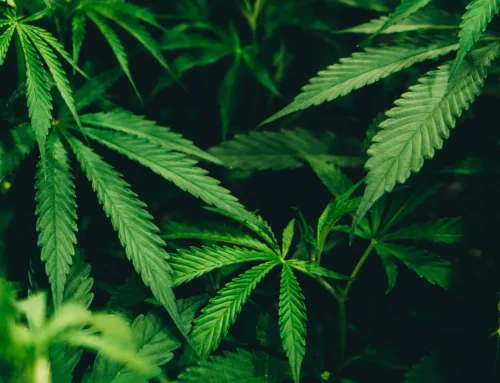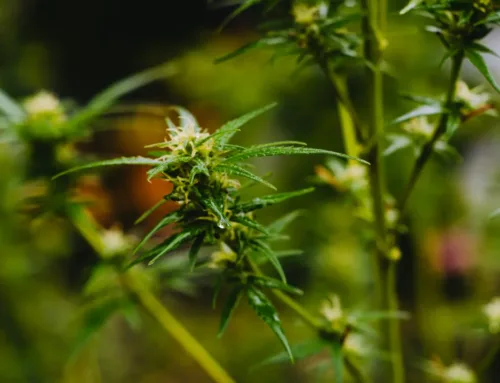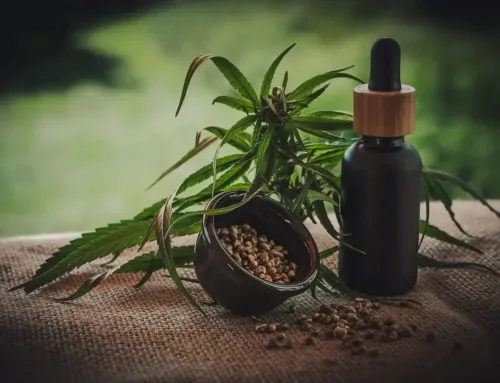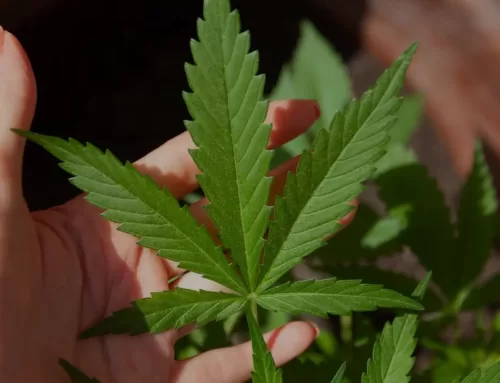Cannabidiol or CBD has been gaining popularity in recent years, mostly because of its potential health benefits.
CBD is a cannabinoid derived from the cannabis plant, and unlike THC (tetrahydrocannabinol), it doesn’t cause a psychoactive high. Studies have suggested that CBD may help alleviate chronic pain, anxiety, depression, and other health conditions. However, the growing interest in CBD has also posed challenges for researchers, especially in understanding how CBD works in the body and how it interacts with other cannabinoids.
Enter the entourage effect – a phenomenon that explains how the interaction between different cannabinoids and other plant compounds may enhance the therapeutic effects of CBD. The concept of the entourage effect is not new, but it is gaining more attention as the cannabis industry evolves and more research is conducted on the plant’s comprehensive biochemical makeup.
What is the Entourage Effect?
The entourage effect refers to the potential synergistic effects of different cannabinoids, flavonoids, and terpenes found in cannabis. These plant compounds work together to create a more significant therapeutic effect than if they were used individually. For instance, a study published in the Journal of Ethnopharmacology showed that an extract of the whole cannabis plant was more effective in reducing inflammation than CBD isolate.
The entourage effect occurs because different cannabinoids and other plant compounds can activate different receptors in the endocannabinoid system (ECS), which plays a crucial role in regulating various bodily functions. THC, for example, activates the CB1 receptors in the brain, while CBD interacts with several other receptors that are involved in pain regulation, anxiety, and inflammation. When these cannabinoids are consumed together, they can produce a more significant effect by stimulating multiple receptor sites in the ECS.
Moreover, the entourage effect may also help mitigate some of the side effects of THC, such as paranoia and anxiety. CBD has been shown to have an inhibitory effect on some of the adverse effects of THC, allowing users to experience the benefits of both cannabinoids without feeling overwhelmed by the psychoactive effects of THC.
The Empirical Evidence
Despite the growing interest in the entourage effect, empirical evidence to support the phenomenon is still limited. However, some notable studies have shed light on the potential benefits of using a full-spectrum cannabis extract rather than isolated CBD.
For instance, a study published in the European Journal of Pharmacology found that the combination of CBD and THC was more effective in reducing pain and inflammation in rats than either compound alone. Another study published in the Journal of Psychopharmacology showed that a whole-plant cannabis extract was more effective in reducing anxiety in social situations than THC alone.
Moreover, researchers have suggested that terpenes, which are aromatic compounds found in plants, may also play a role in the entourage effect. Different cannabis strains have different terpene profiles, which may contribute to their unique therapeutic properties. For example, the terpene myrcene, which is abundant in some cannabis strains, may enhance the sedative effects of THC, while the terpene limonene may help alleviate depression and anxiety.
The Future of Cannabis Research
The entourage effect has sparked renewed interest in studying the cannabis plant’s biochemical makeup and its potential therapeutic benefits. As more research is conducted, scientists may uncover new insights into how different cannabinoids, terpenes, and other plant compounds interact with each other and how they can be used to treat various health conditions.
However, the lack of standardized testing methods and regulations for cannabis research has posed a challenge for researchers.
Despite these challenges, the entourage effect has opened up new opportunities for cannabis research and the development of more effective cannabis-based therapies. As cannabis becomes more widely used and accepted, the scientific community may be able to leverage the power of the entourage effect to create new treatments for chronic pain, anxiety, depression, and other health conditions.






